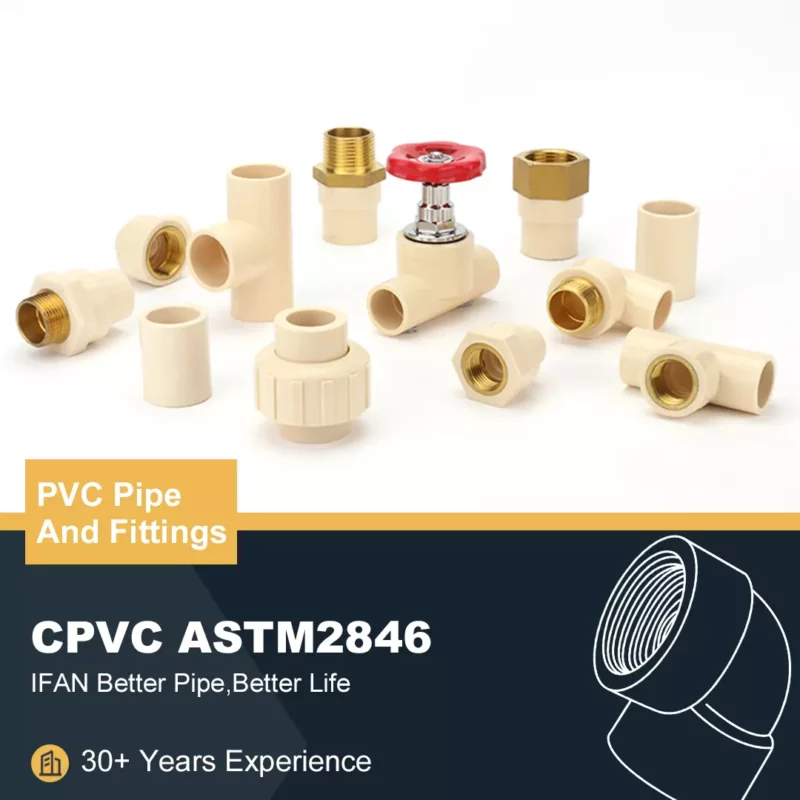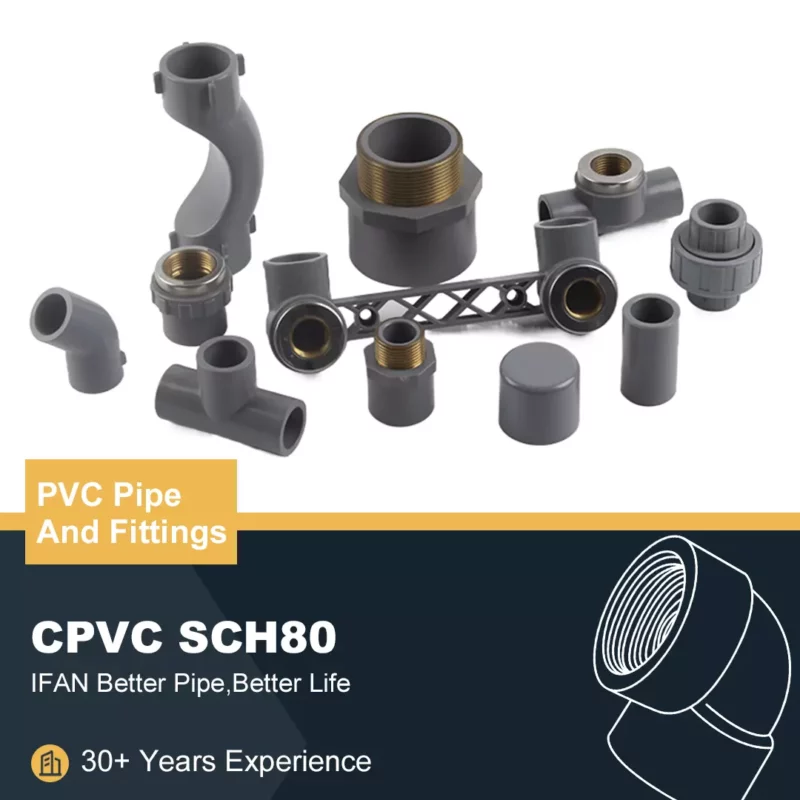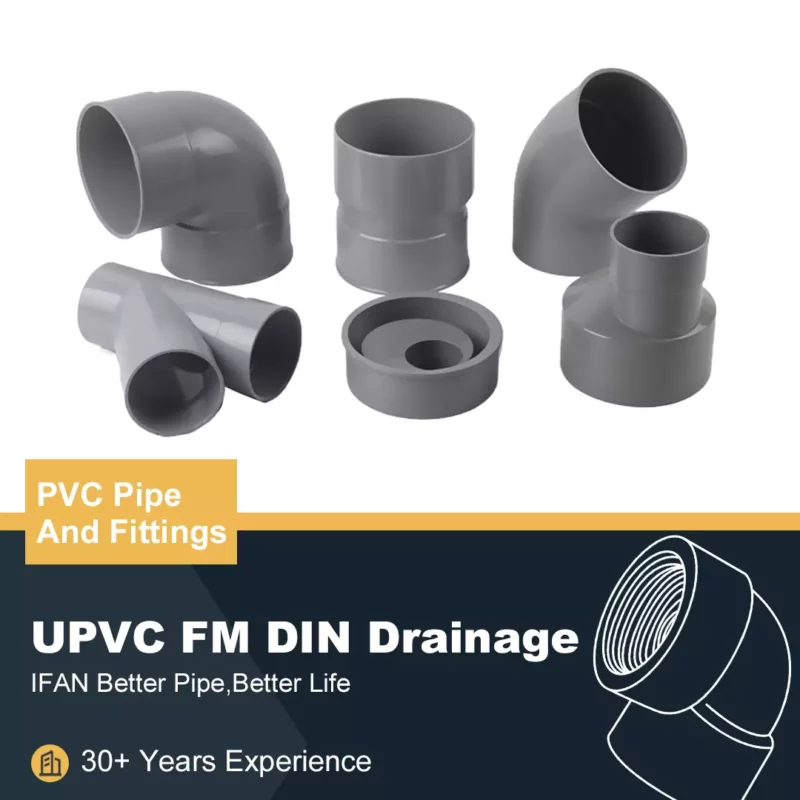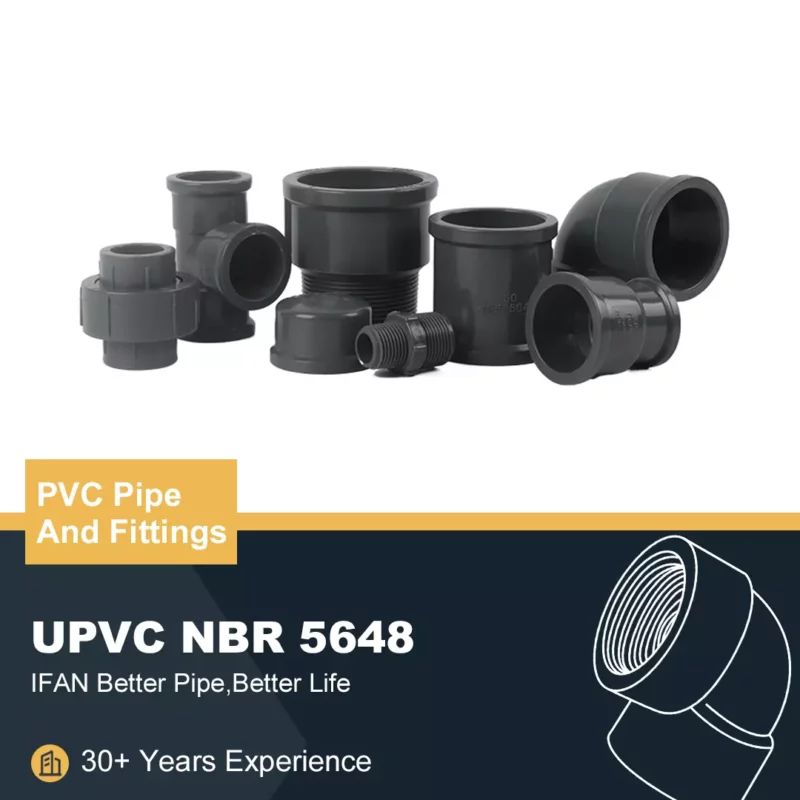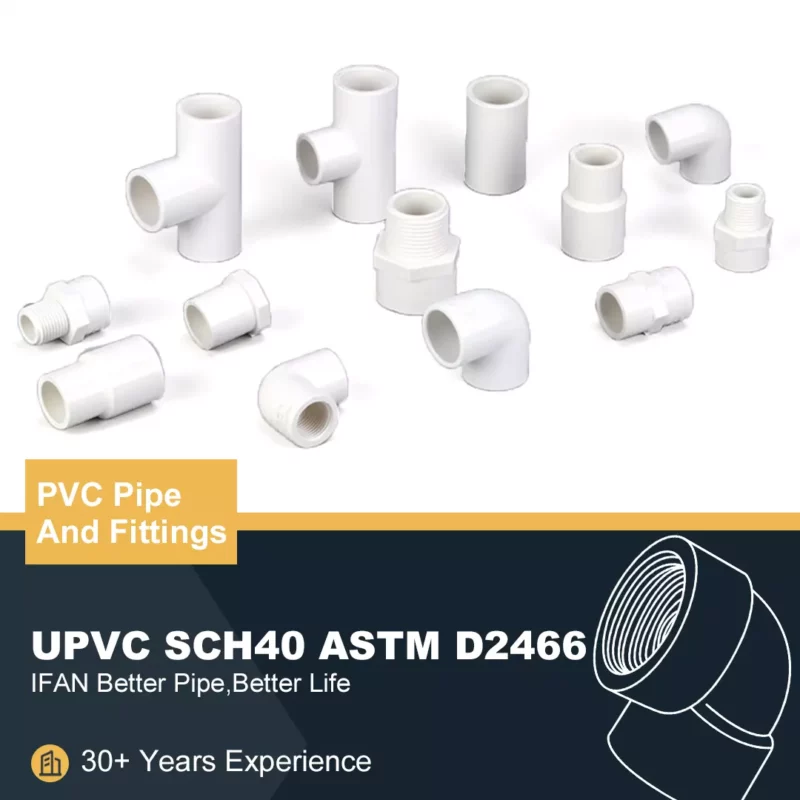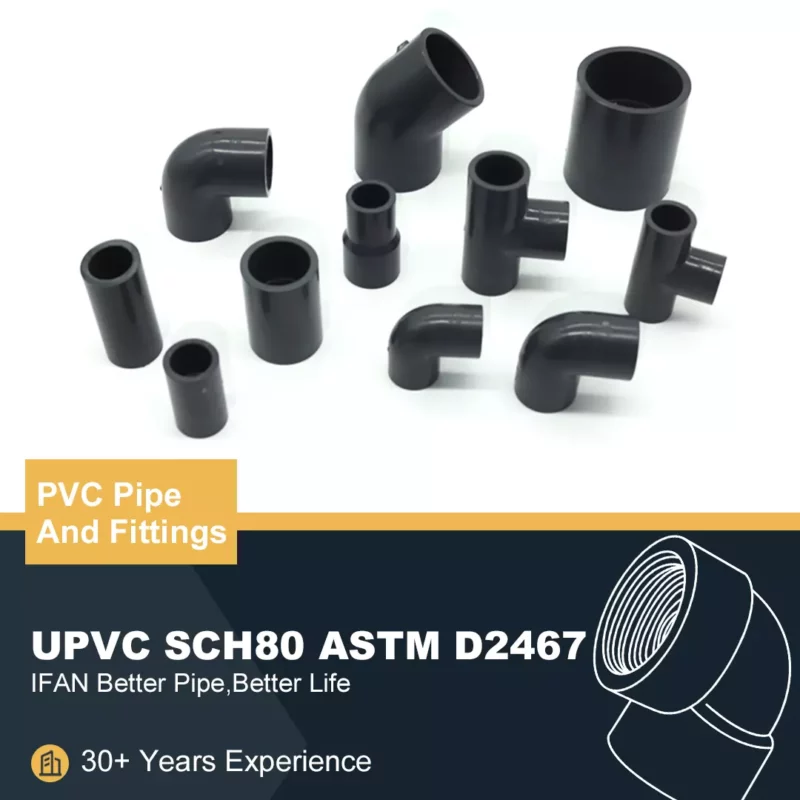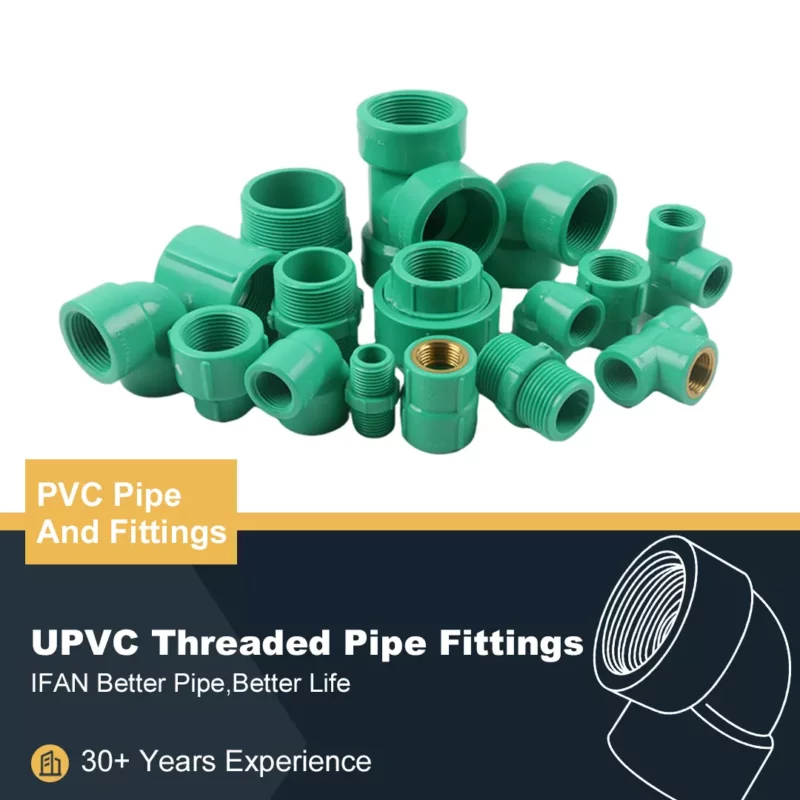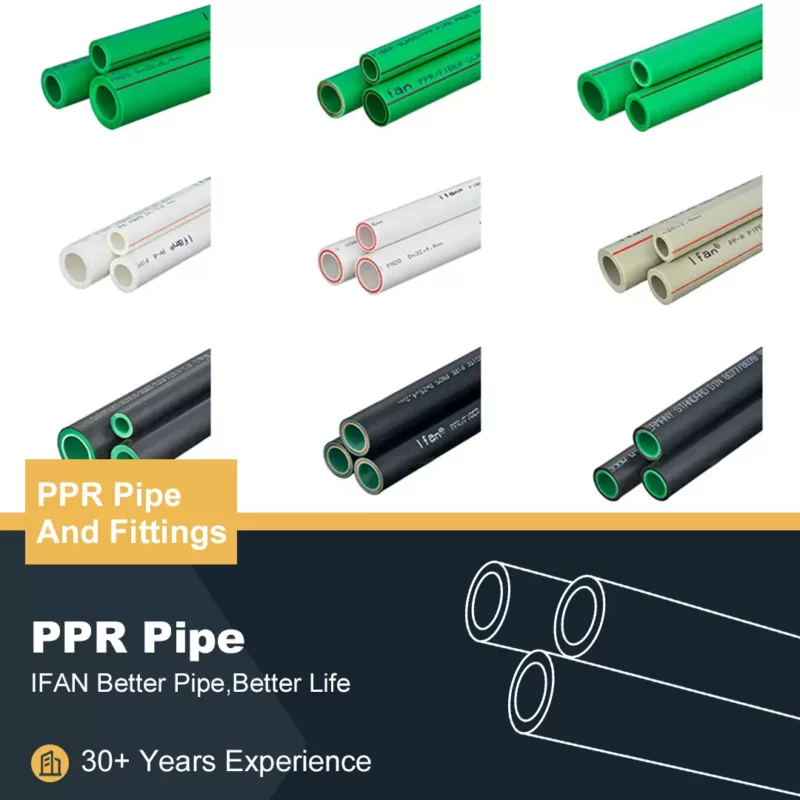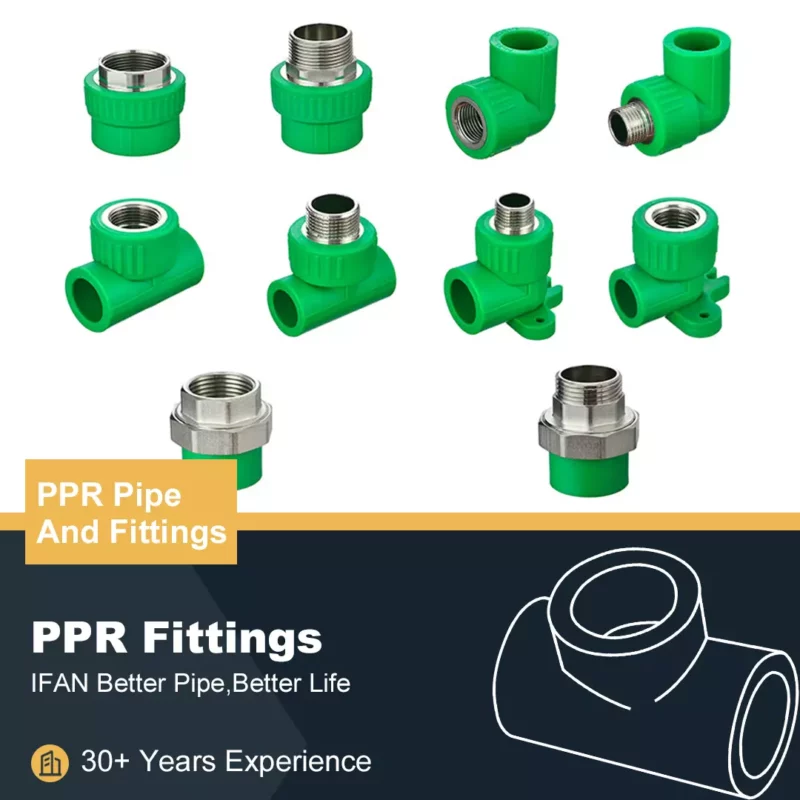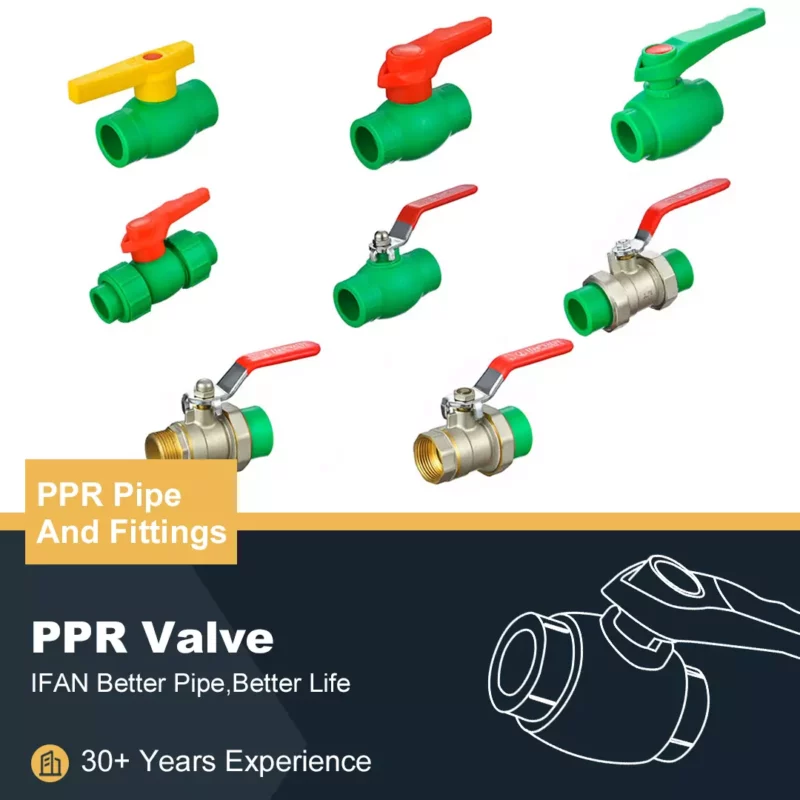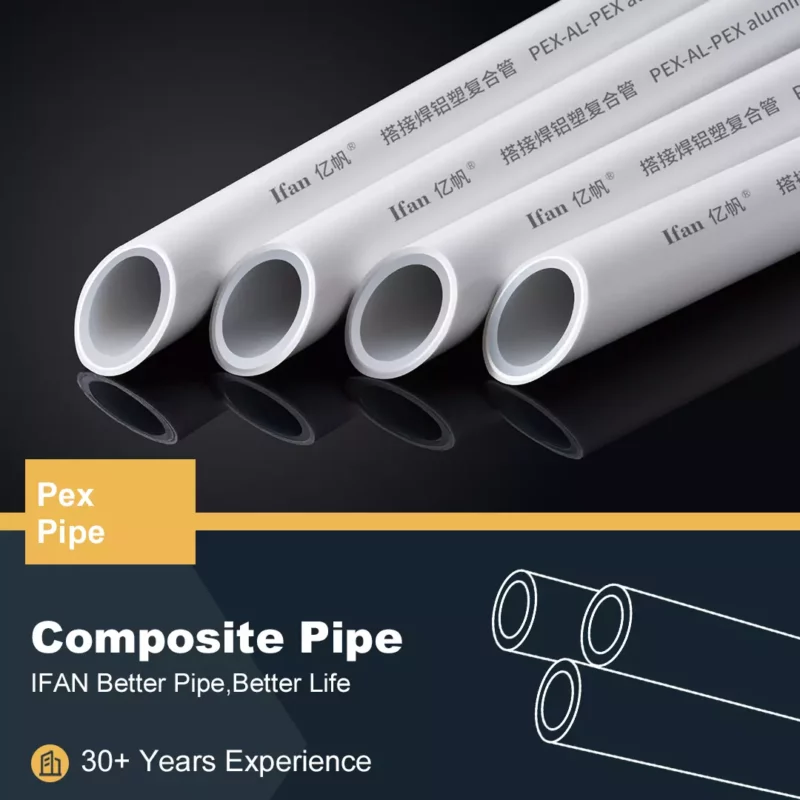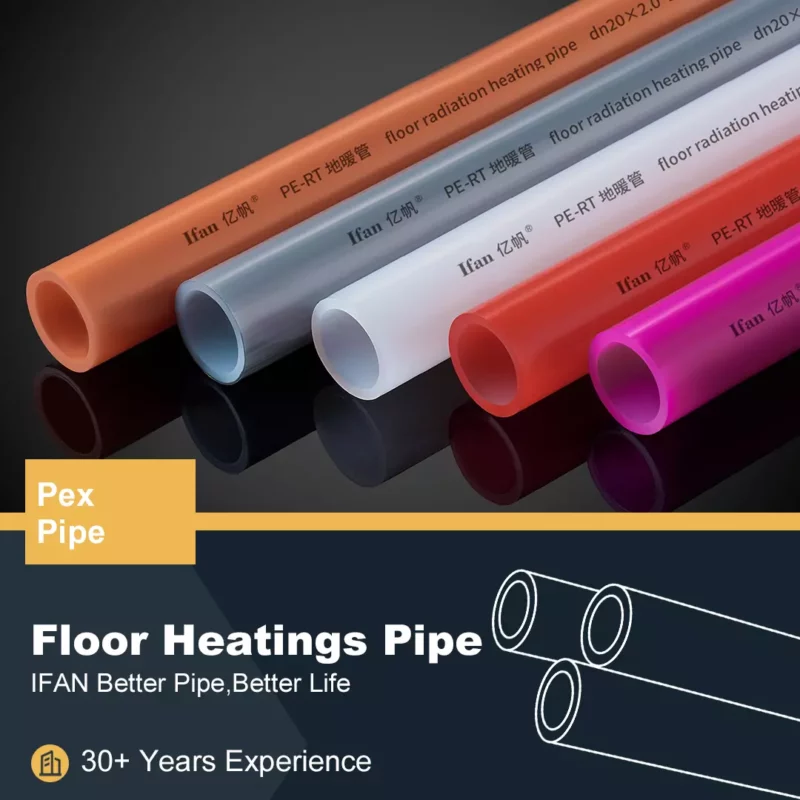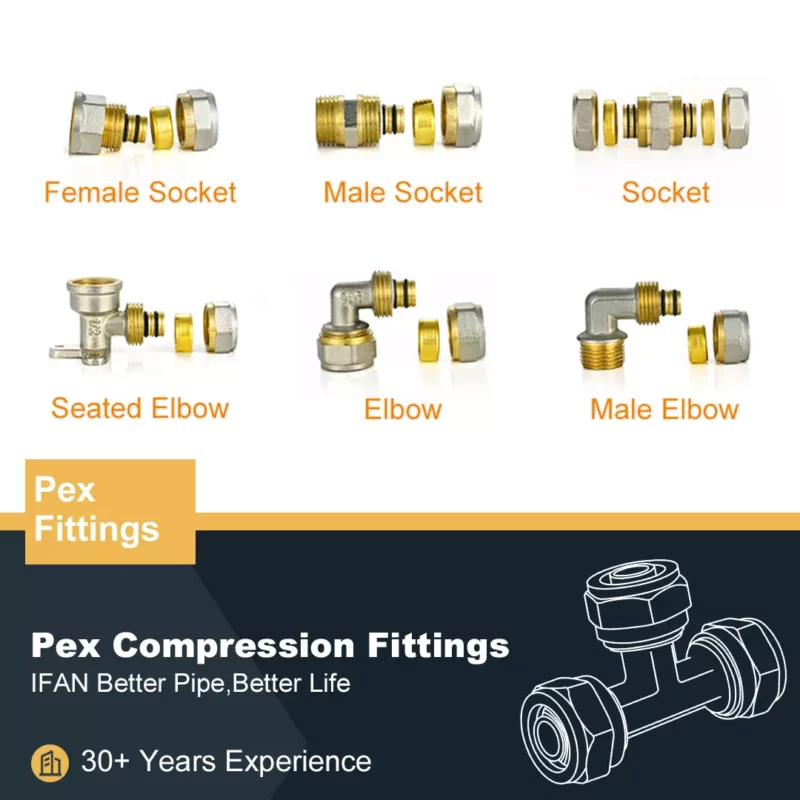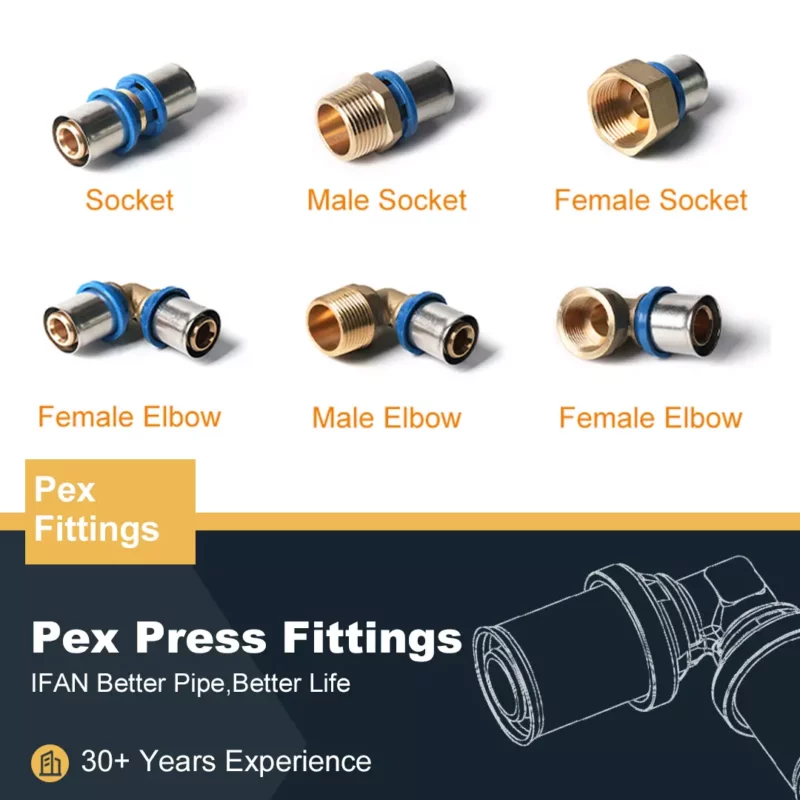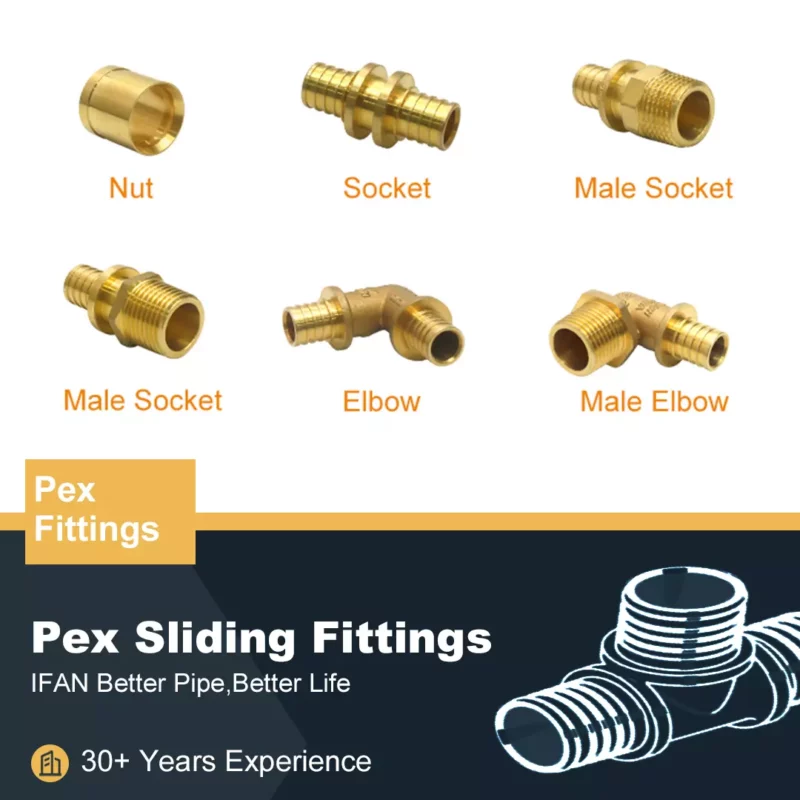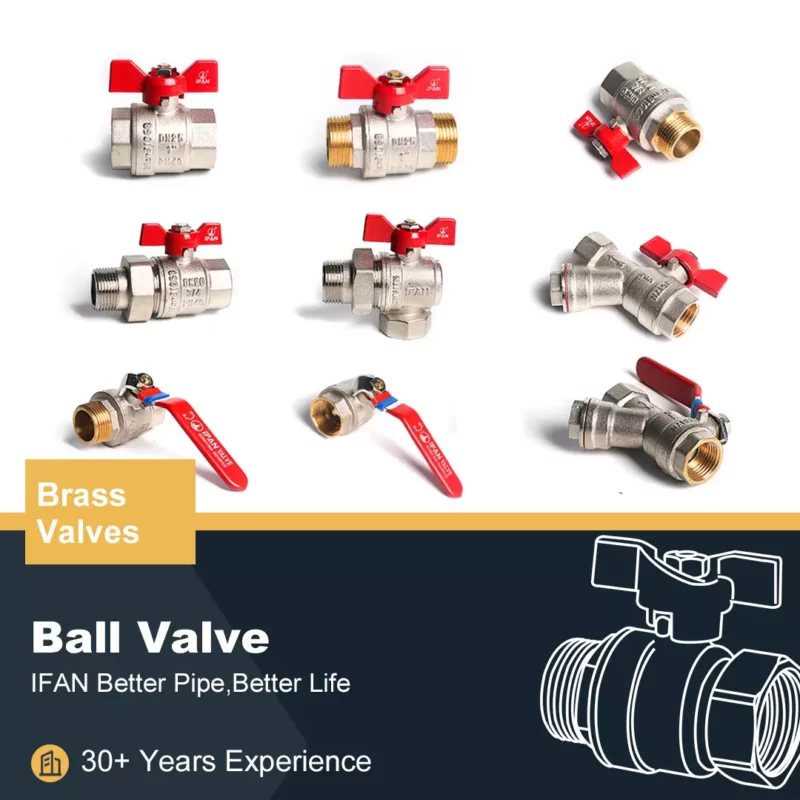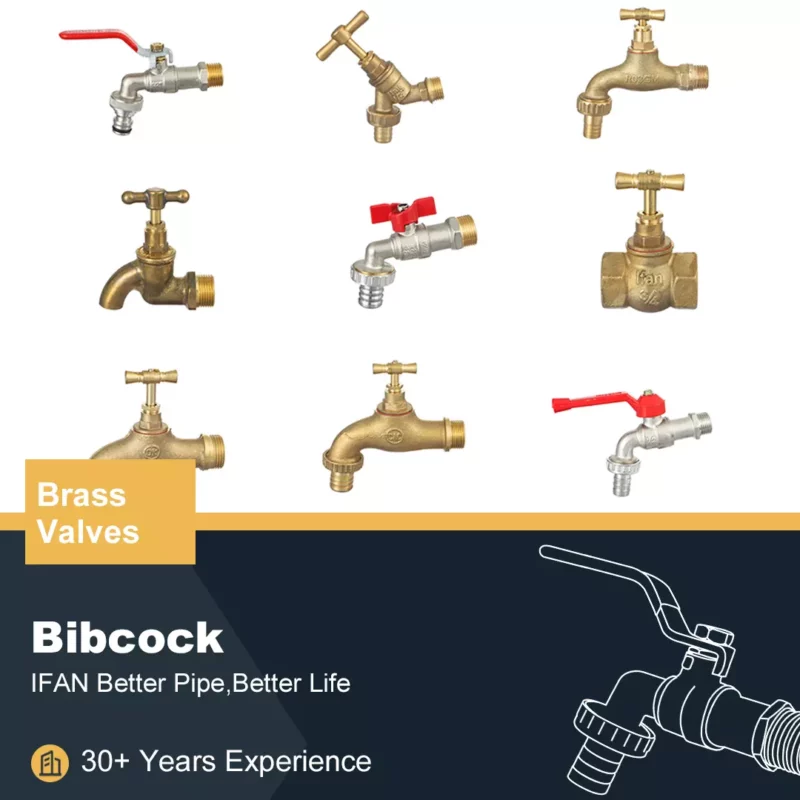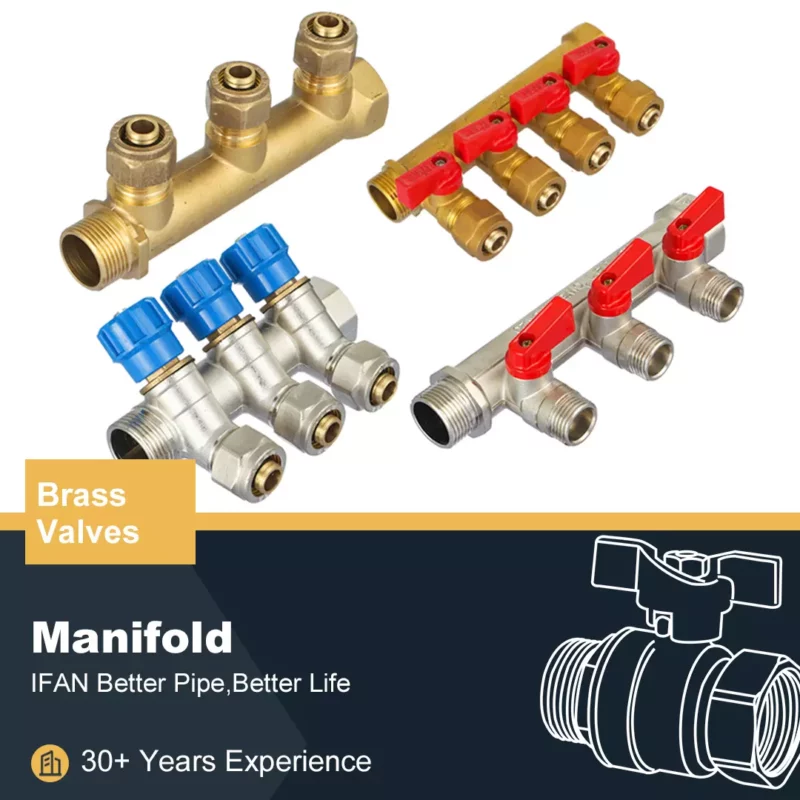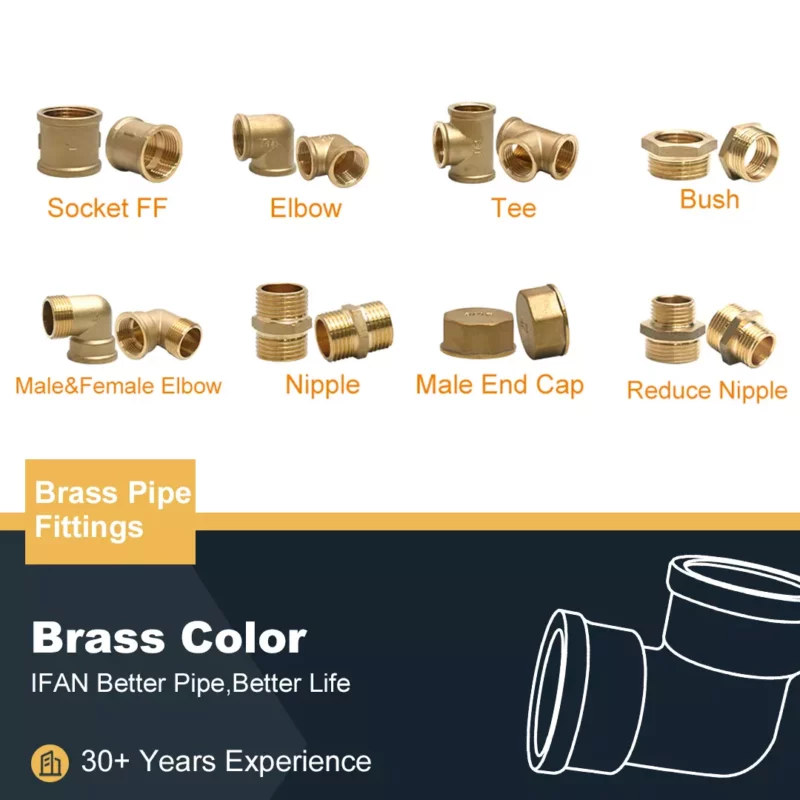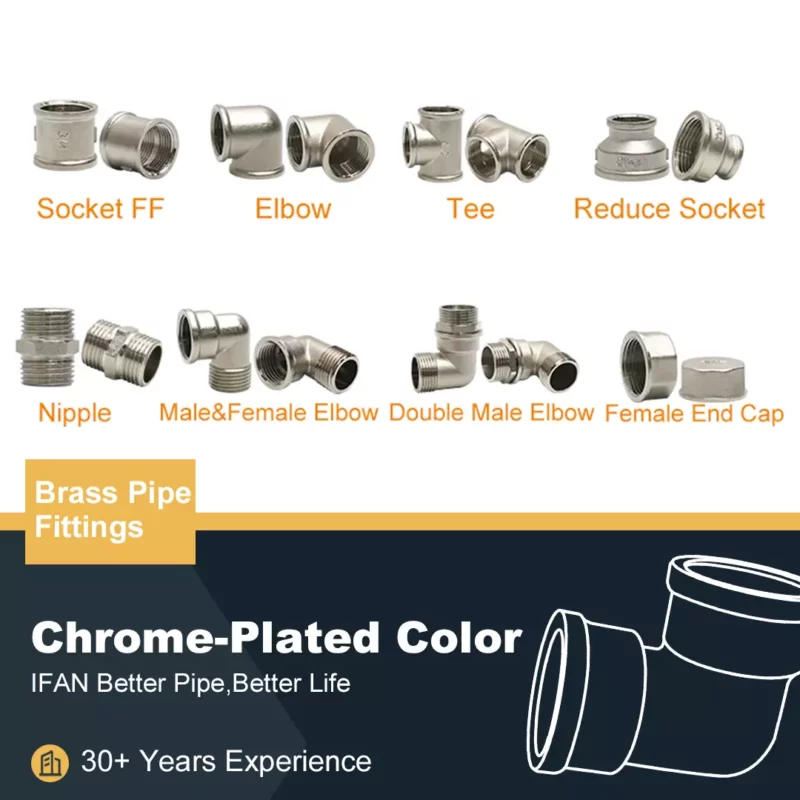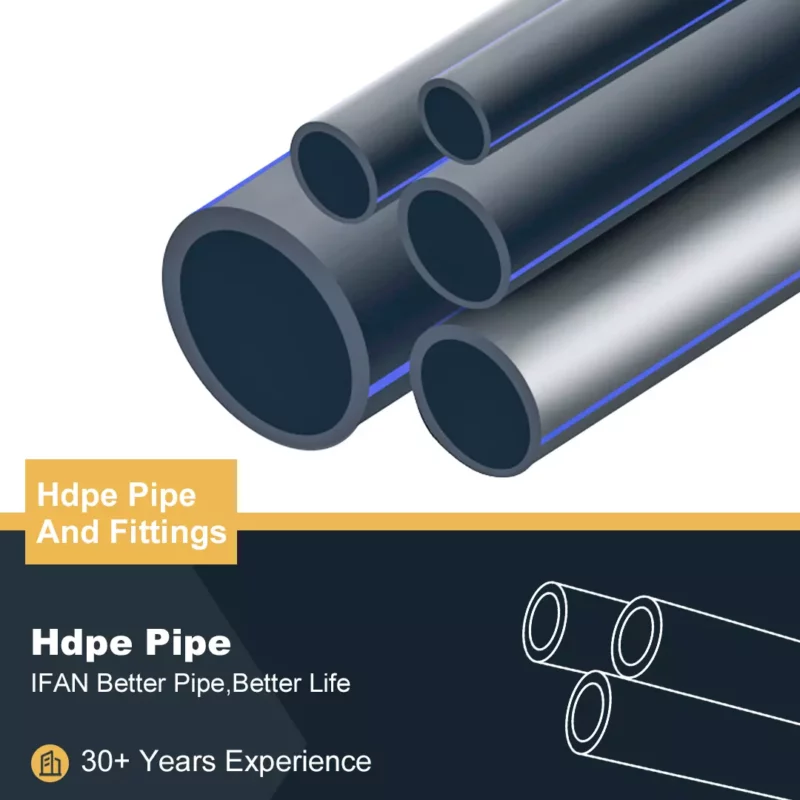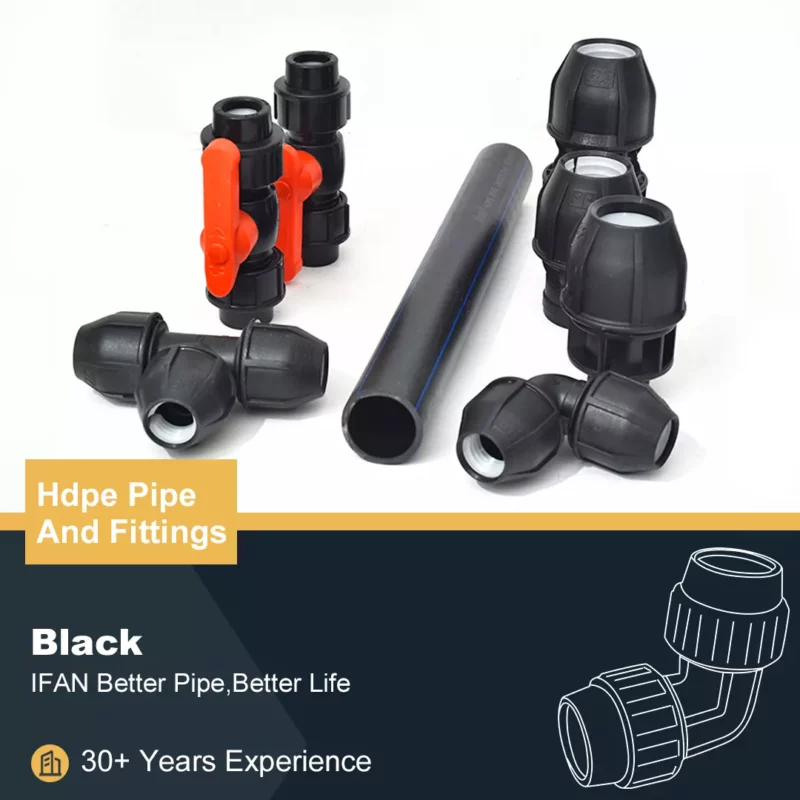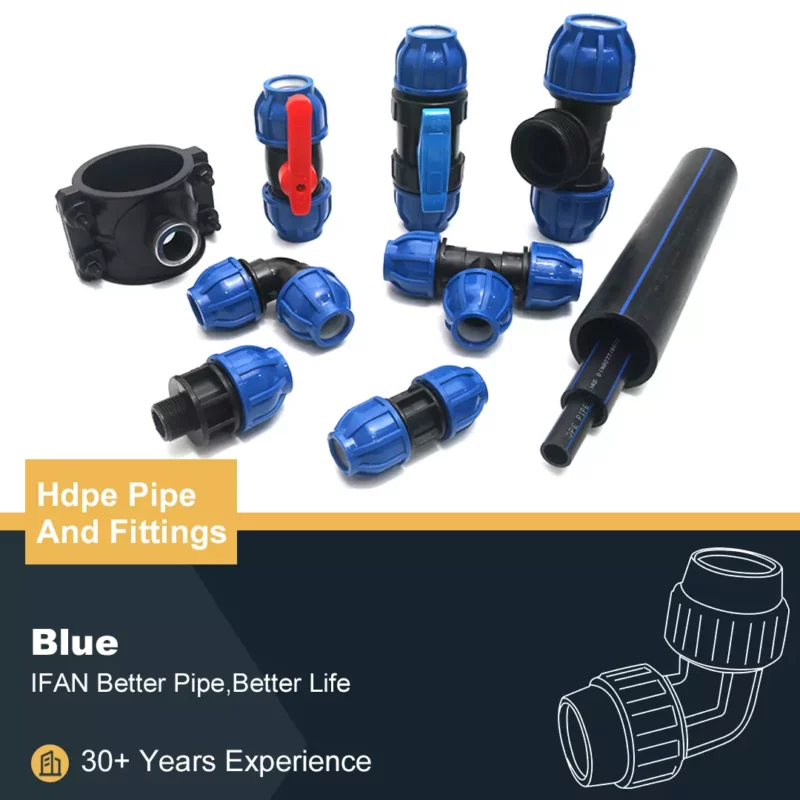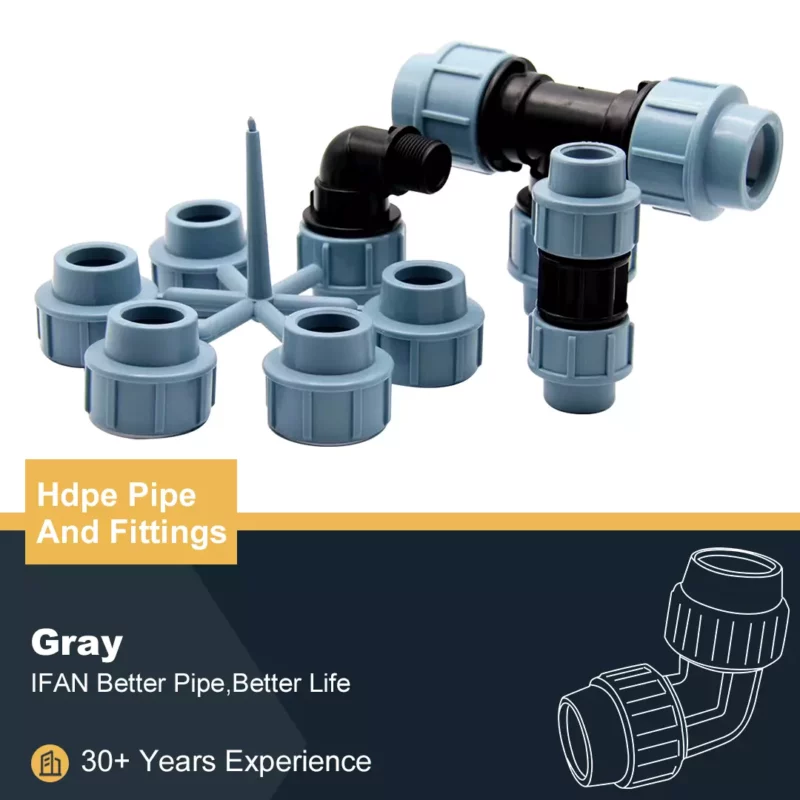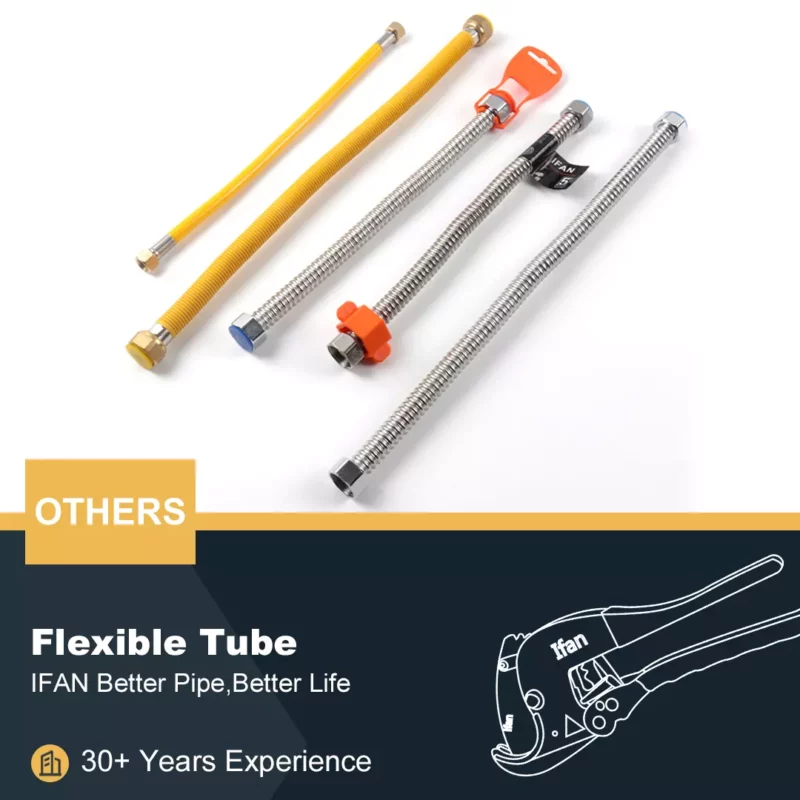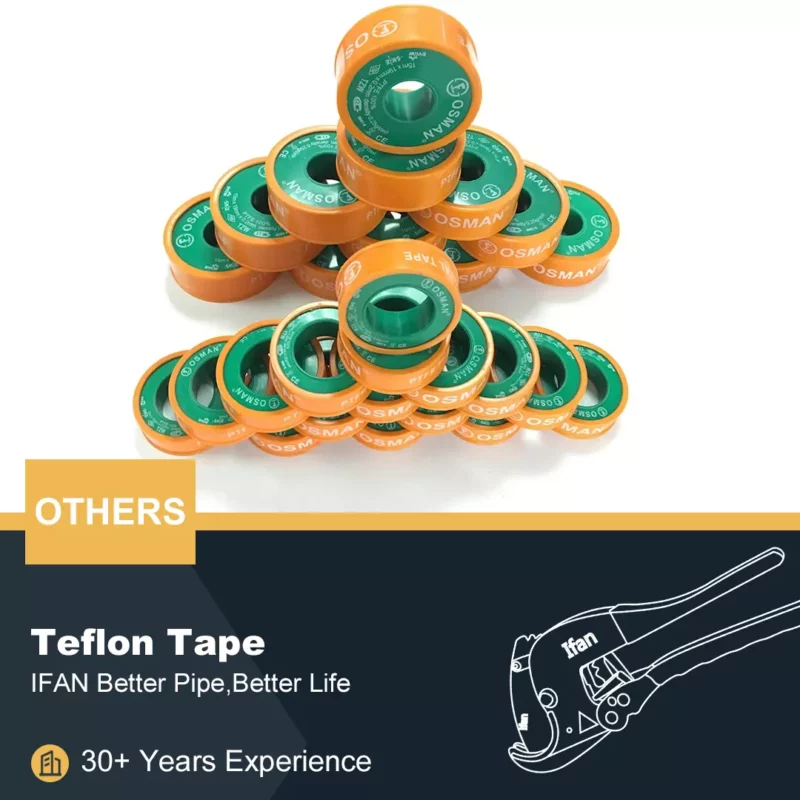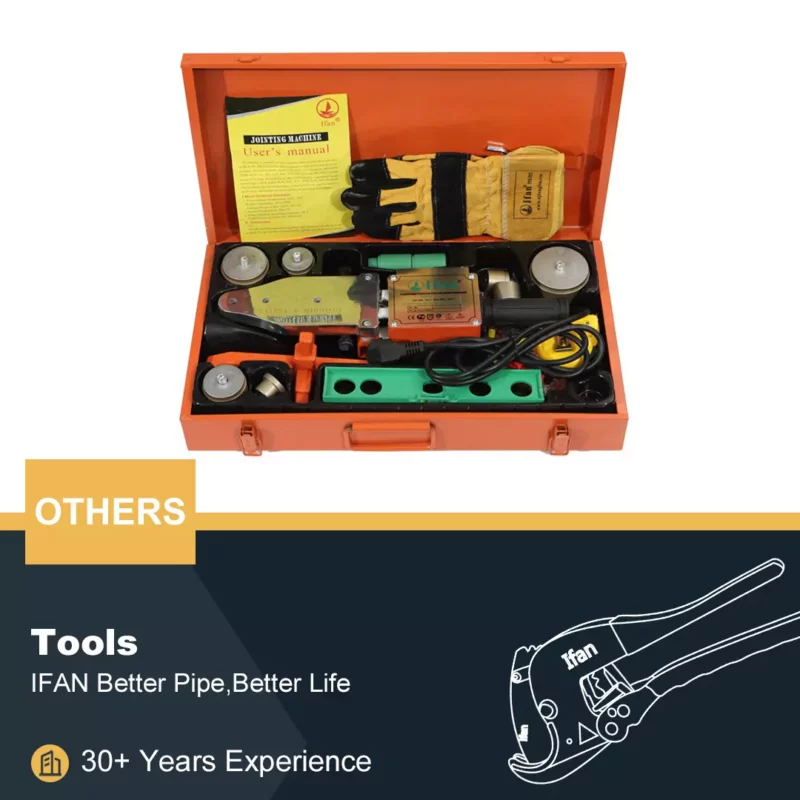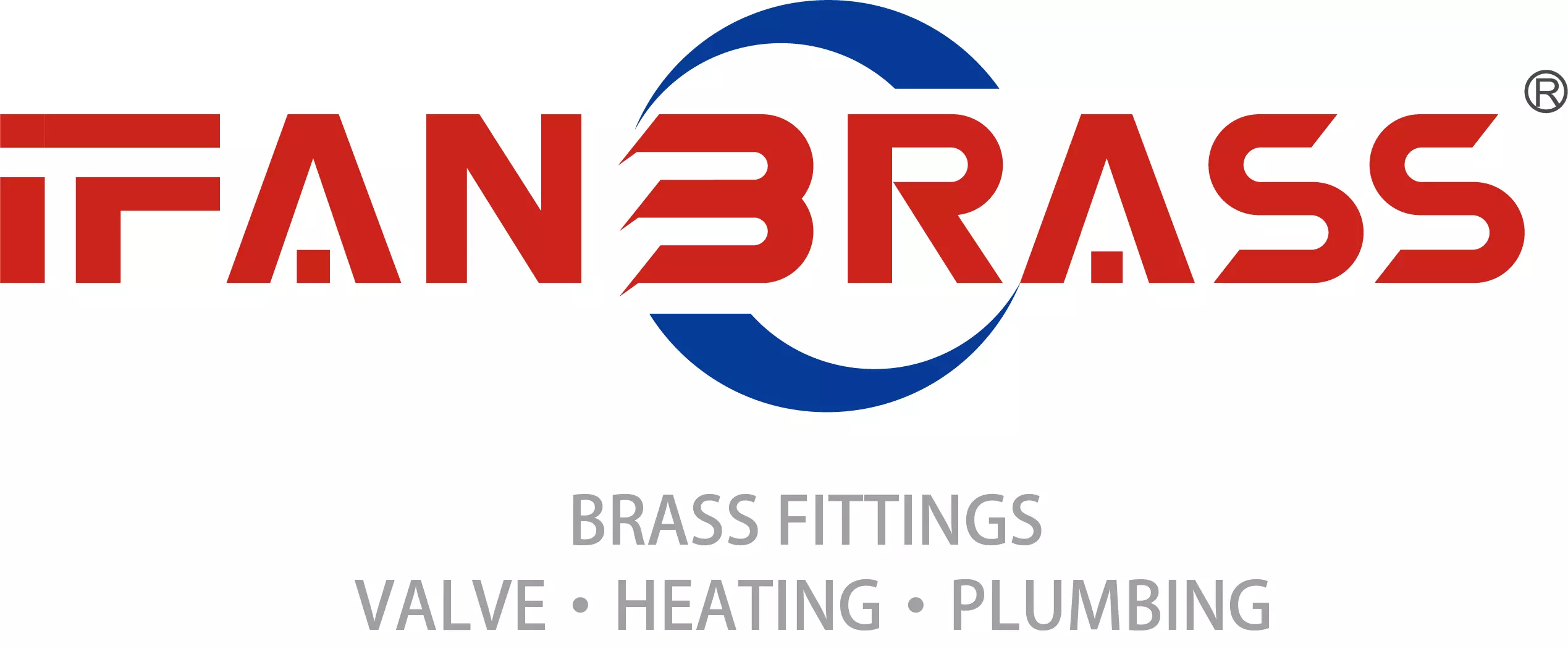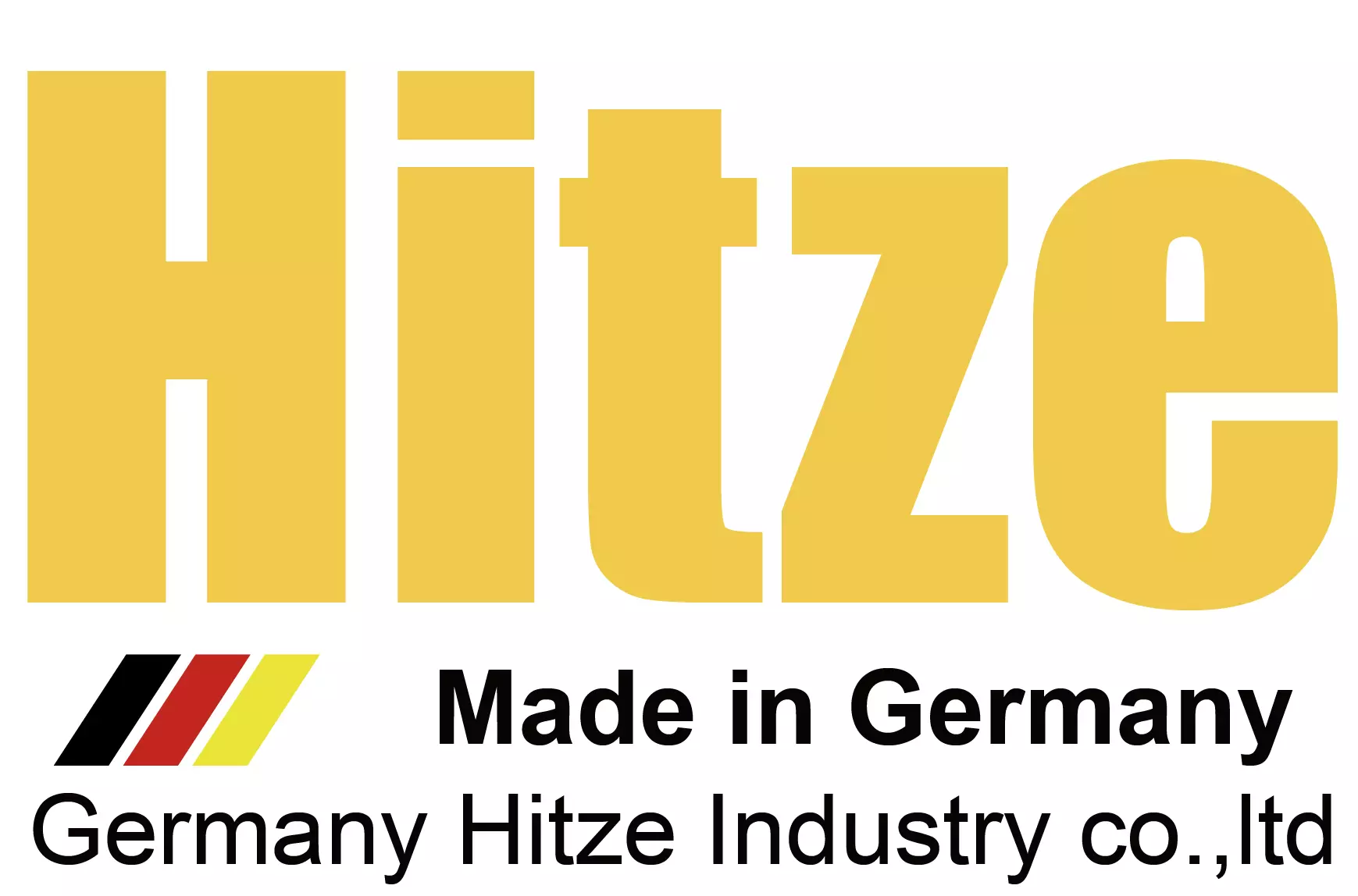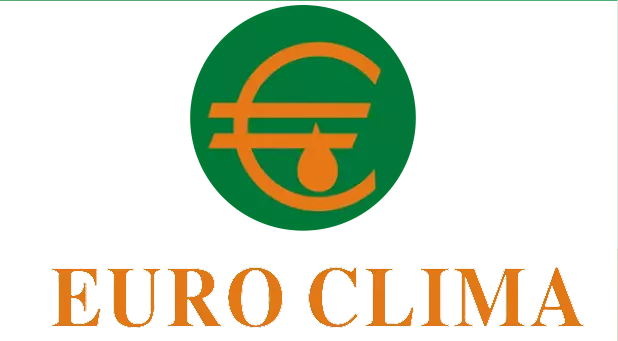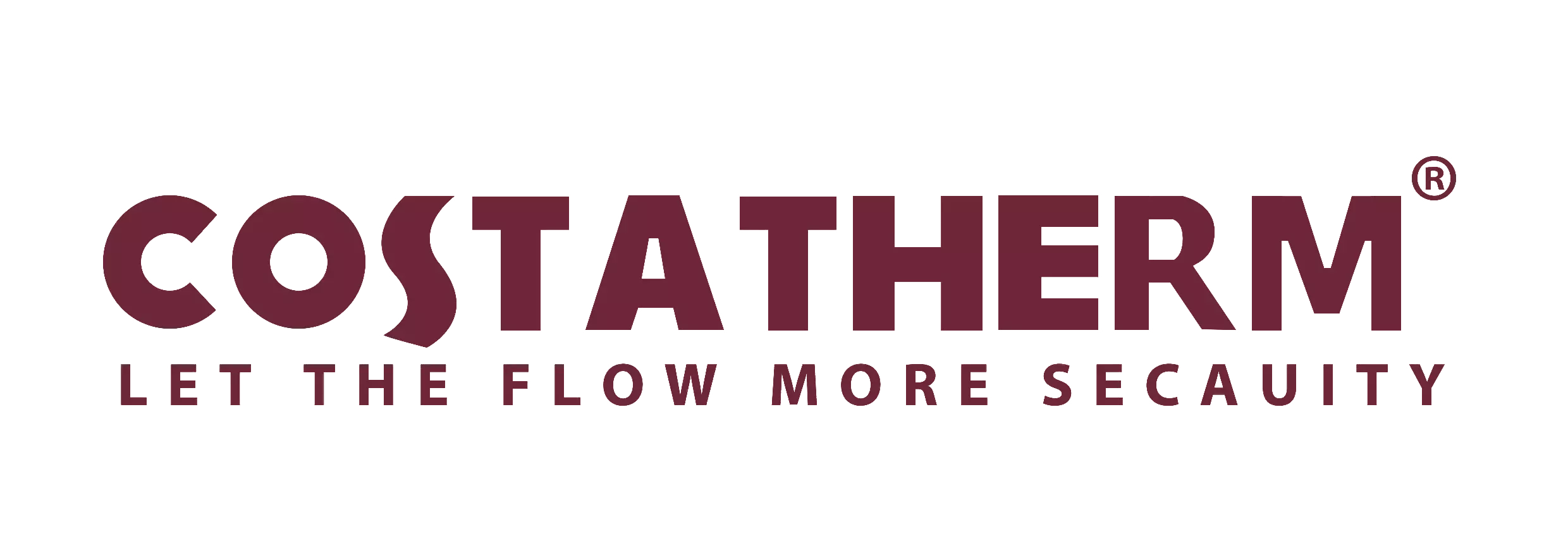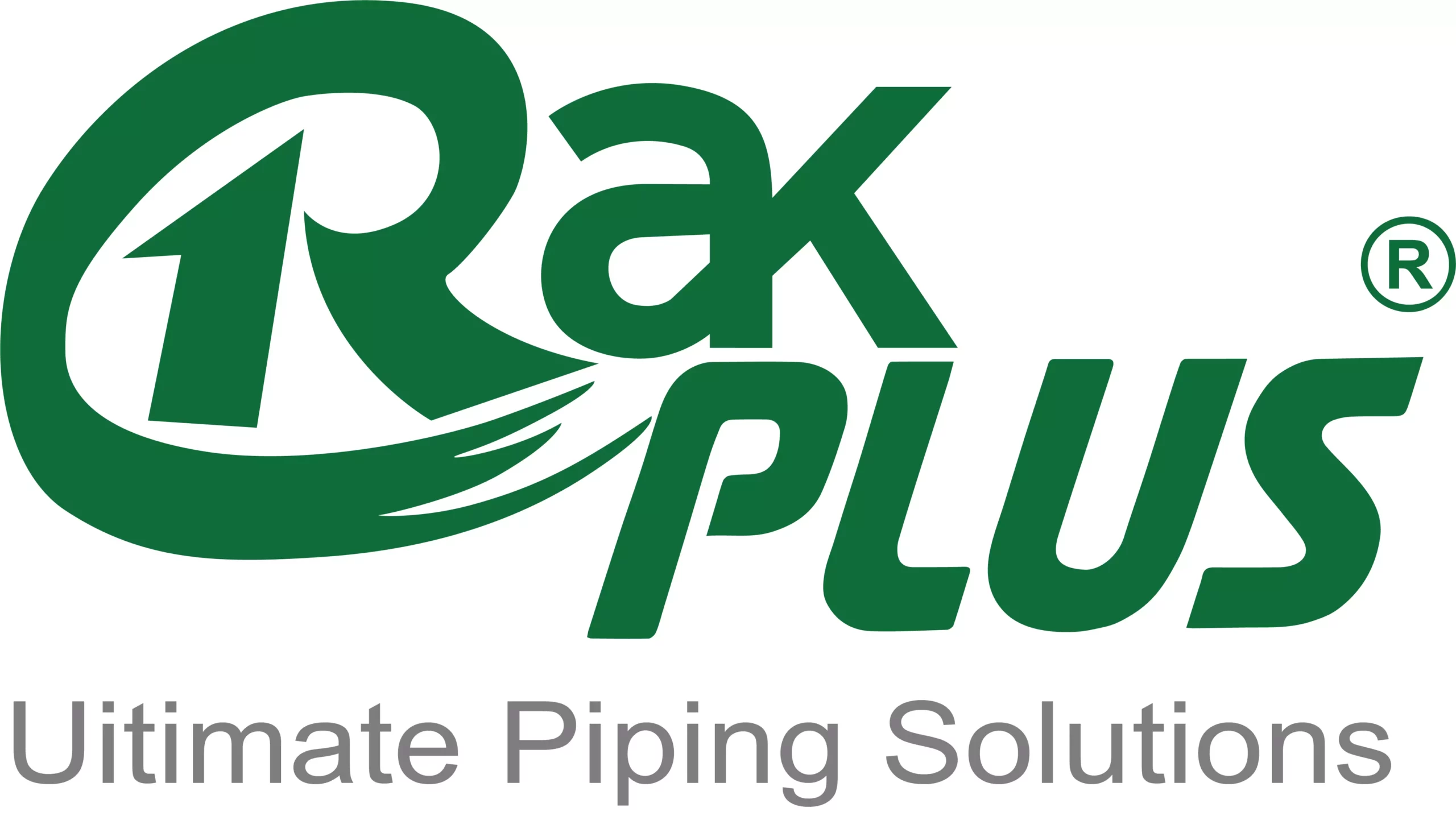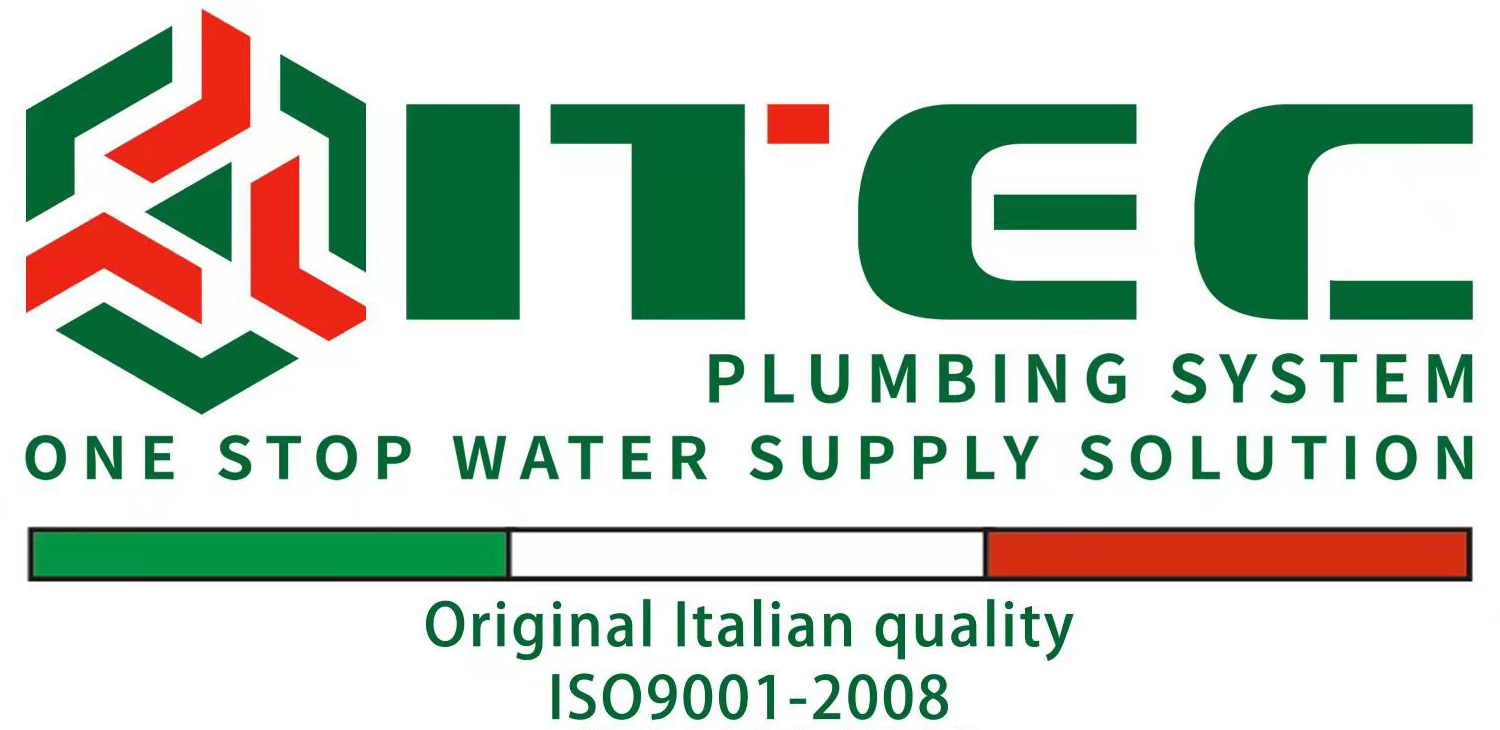PPR (Polypropylene Random Copolymer) pipes have gained significant popularity in industrial applications due to their versatile properties and durability. They are widely used across various industries for fluid transportation and management. This article explores the diverse industrial applications of PPR pipes, highlighting their benefits and specific use cases.
Chemical Industry
In the chemical industry, they are valued for their excellent resistance to corrosive substances. They can handle a wide range of chemicals, including acids, bases, and solvents. For example, in a chemical processing plant, they are used to transport chemical solutions without fear of degradation or leaks. Their ability to resist chemical attacks ensures that the pipes remain functional and reliable over time, reducing maintenance costs and improving safety.
Pharmaceutical Industry
The pharmaceutical industry requires materials that maintain high standards of purity and hygiene. PPR pipes are ideal for this sector due to their non-reactive nature and smooth internal surfaces. They are used in water systems that supply purified water for drug manufacturing. For instance, PPR pipes in a pharmaceutical facility might be used to transport water for injection (WFI) or other critical fluids. Their resistance to bacterial growth and chemical interactions ensures the integrity and safety of pharmaceutical products.
Food and Beverage Industry
PPR pipes are extensively used in the food and beverage industry due to their ability to handle both high and low temperatures and their resistance to chemicals. In a beverage production facility, they can transport hot water for cleaning and cold water for processing. For example, PPR pipes might be used in a dairy processing plant to handle milk and cleaning solutions. Their non-toxic properties ensure that there is no contamination, meeting stringent health and safety regulations.
HVAC Systems
In heating, ventilation, and air conditioning (HVAC) systems, they are utilized for transporting hot and chilled water. Their ability to withstand thermal stress and pressure fluctuations makes them suitable for these systems. For instance, in a large commercial building, they might be used to connect various components of the HVAC system, such as boilers and cooling units. The durability of PPR pipes ensures efficient and reliable operation of HVAC systems, contributing to the overall comfort and climate control of the building.
Industrial Water Supply
PPR pipes are used in industrial water supply systems due to their strength and resistance to pressure. They are employed to transport large volumes of water across various industrial processes. For example, in a manufacturing plant, PPR pipes might be used to distribute water to different sections of the facility, such as cooling systems or production lines. The ability of the to handle high pressures and flow rates ensures a consistent and reliable water supply for industrial operations.
Construction Industry
In construction, PPR pipes are used for both plumbing and heating systems within buildings. Their ease of installation and resistance to corrosion make them a popular choice for new construction projects. For example, PPR pipes might be used in the water supply and heating systems of a new residential or commercial building. The lightweight nature of the and their straightforward installation process help reduce construction time and costs, making them a cost-effective solution for builders.
Oil and Gas Industry
The oil and gas industry often requires pipes that can withstand harsh environments and corrosive substances. they are used in certain applications within this sector, such as transporting water used in drilling operations. For instance, PPR pipes might be used to handle water or fluids involved in hydraulic fracturing. Their chemical resistance and durability help ensure the pipes remain functional and reliable, even in challenging conditions.
Agricultural Applications
In agriculture, PPR pipes are used for irrigation and water distribution systems. Their resistance to chemicals and ease of installation make them suitable for managing water in fields and farms. For example, they might be employed in a drip irrigation system to connect hoses and distribute water directly to crops. Their ability to handle varying pressures and environmental conditions makes them an effective solution for agricultural water management.
Wastewater Treatment
PPR pipes are used in wastewater treatment plants to manage the flow of wastewater through different stages of treatment. Their resistance to corrosion and chemical damage makes them suitable for handling wastewater with various contaminants. For instance, PPR pipes might be used in the sludge handling or effluent transfer systems within a treatment facility. The durability of them ensures they can handle the harsh conditions of wastewater treatment, contributing to the efficient operation of the plant.
Renewable Energy Systems
In renewable energy systems, such as solar thermal installations, PPR pipes are used to transport heat transfer fluids. Their ability to withstand high temperatures and resist chemical interactions makes them suitable for these applications. For example, PPR pipes might be used to connect solar collectors to storage tanks in a solar heating system. The thermal stability and durability of PPR pipes ensure the efficient and reliable operation of renewable energy systems.
IFAN International Standard for PVC Tubing
IFAN’s PVC products adhere to a wide range of international standards, ensuring they meet the highest quality and performance criteria. These standards include BS 3505, BS 4346, ASTM D1785 SCH40, ASTM D1785 SCH80, DIN, GB, DWV, ASTM D2665, ASTM D2241, ASTM D2665, ASTM D2729, ASTM F441/F441M, ISO 1452 series, EN ISO 1452, DIN 8061/8062, GB/T 10002 series, AS/NZS 1477, JIS K6741, CSA B137.3, NSF/ANSI 14, and TIS 17-2532/1131-2535. Compliance with these standards ensures that IFAN’s PVC pipes and fittings deliver consistent performance, safety, and reliability in a variety of applications globally.
Conclusion
PPR pipes offer a range of benefits for industrial applications, including durability, chemical resistance, and cost-effectiveness. Their versatility makes them suitable for a variety of sectors, from chemical processing and pharmaceuticals to construction and agriculture. By providing reliable and efficient solutions for fluid transportation and management, PPR pipes contribute to the smooth operation of industrial processes. Their performance across diverse applications underscores their value in modern industrial systems, ensuring long-term reliability and efficiency.
If you have read this article and have any questions, please feel free to contact IFAN. Below is our contact information:
Whatsapp:+86 13373827623
Email:[email protected]

